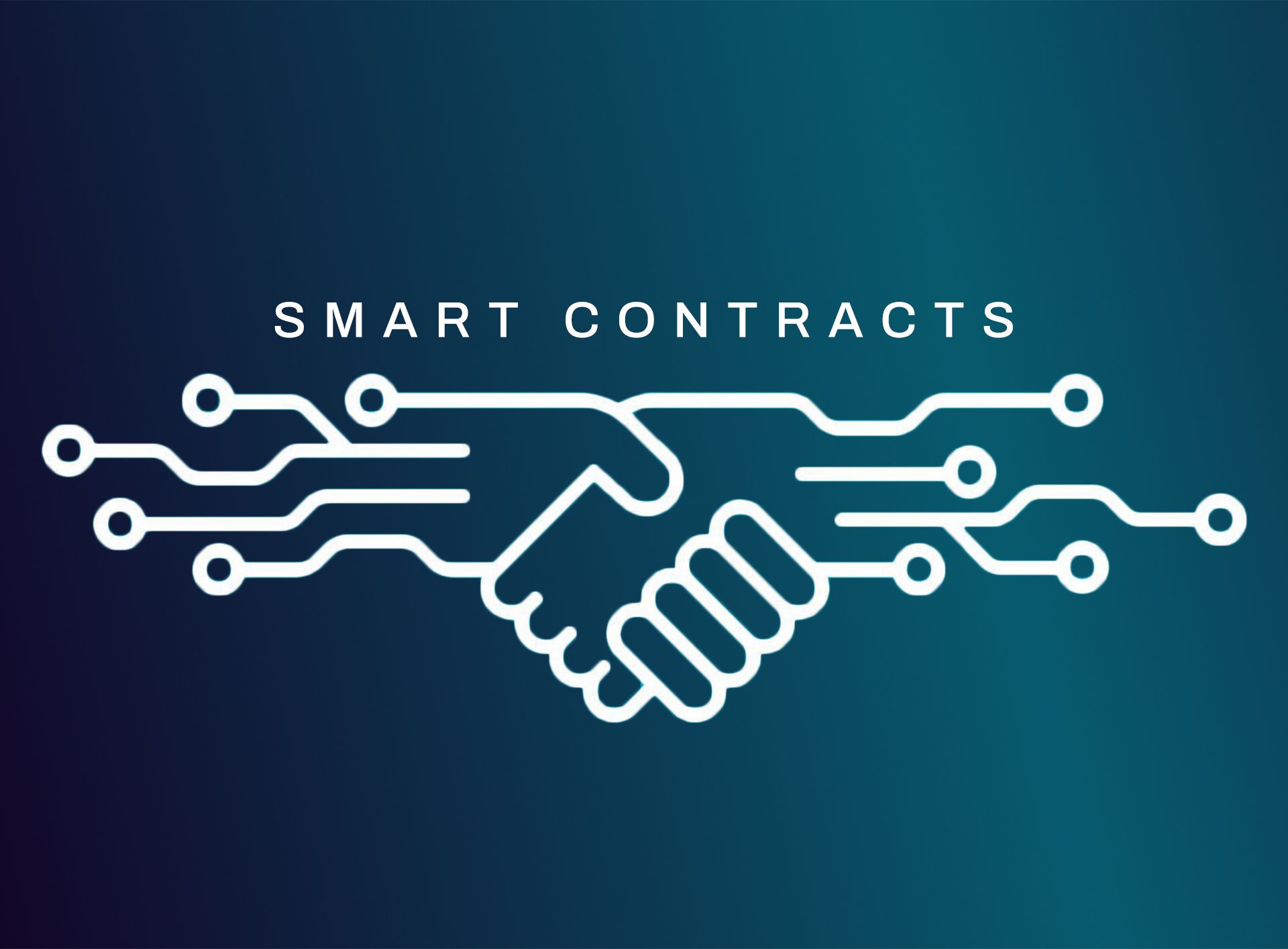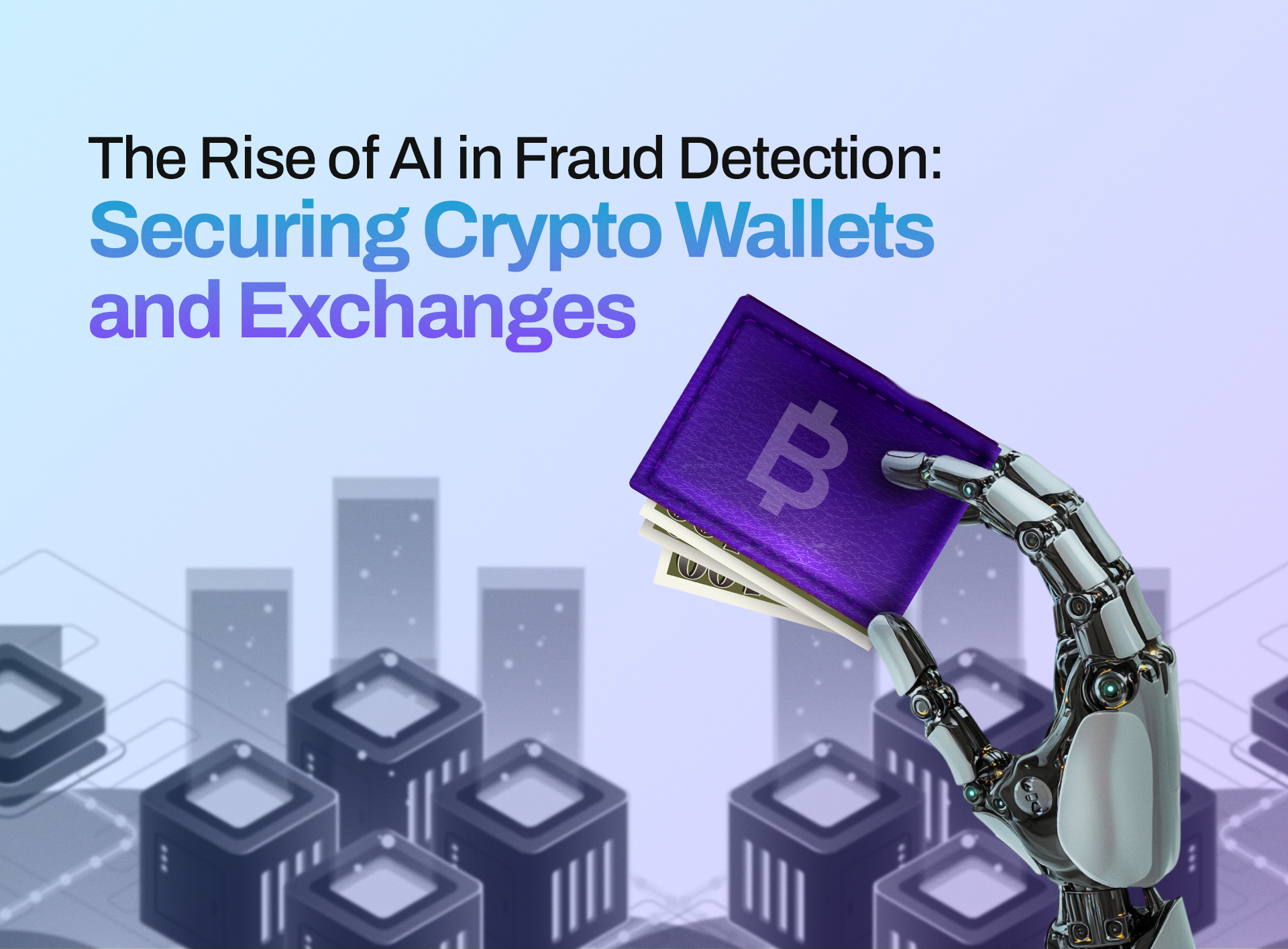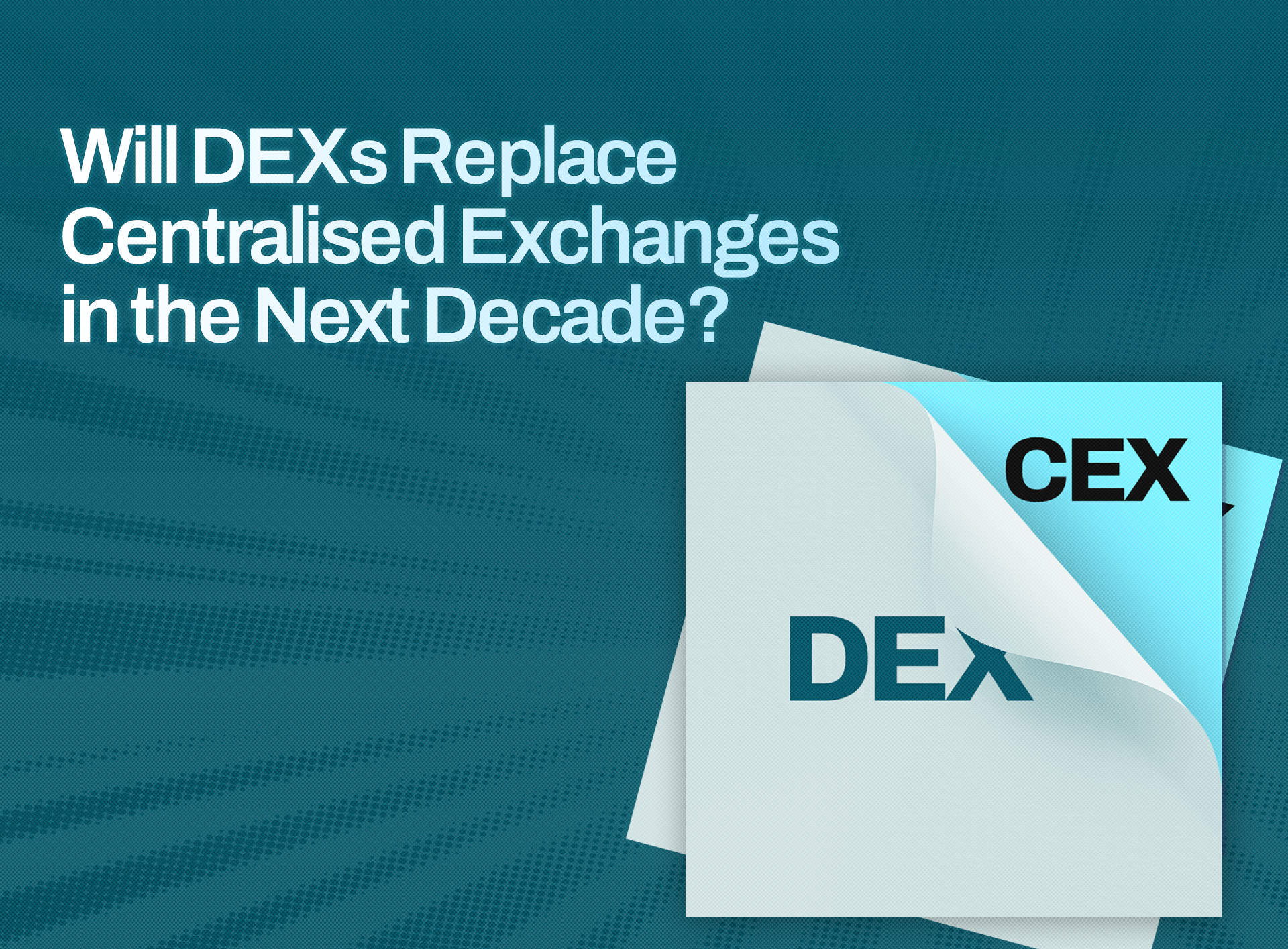Table of Contents
- What is a Smart Contract?
- How do Smart Contracts work?
- Features of Smart Contracts
- Uses and Applications of Smart Contracts
- What are the Risks of Smart Contracts?
- FAQS
What is a Smart Contract?
Smart contracts are self-executing programs that reside on the blockchain, with the terms of the agreement directly written into code.
They were first proposed in 1994 by Nick Szabo, an American computer scientist who invented a virtual currency called "Bit Gold" in 1998, 10 years before Bitcoin was introduced.
They allow two or more parties to exchange assets or anything of value transparently and conflict-free while avoiding the need for a third party.
These contracts automatically execute and enforce themselves when the pre-stated conditions are met.
They can also automate a workflow, triggering the following action when conditions are met. The objectives of smart contracts are to reduce the need for trusted mediators, arbitration costs, and fraud losses, as well as to reduce malicious and accidental exceptions.
Smart contracts are not legally binding contracts. Their primary function is to automatically execute business logic that performs various tasks or transactions programmed into them to respond to a given set of conditions.
Legal steps must be undertaken to link this execution to a legally binding agreement between the parties involved.
Extra Note: Smart contracts are commonly associated with second-generation cryptocurrencies, notably Ethereum. Some other examples are Solana, Cardano, etc. Bitcoin and other earlier cryptocurrencies do not generally support complex smart contracts.
How do Smart Contracts work?
Smart contracts function on the written code principle of "if/when - then" statements.
If or when certain predetermined conditions are met and verified by the network of computers or nodes, for example, payment received, a specific date, external data input, etc.
The smart contract then executes a pre-defined action as specified in the contract. The blockchain is then updated when the transaction is completed. That means the transaction cannot be changed, and only parties granted permission can see the results.
A smart contract can contain as many provisions as possible to assure the participants that the transaction will be finalised appropriately.
To create the terms, the users must clarify how transactions and related information are denoted on the network, consent to the "if, when, then" commands that regulate the transactions, probe all likely omissions, and devise a mechanism for resolving disagreements.
The developers code the terms of the agreement into a smart contract, outlining the conditions, actions and participants involved.
Afterwards, they will work in a smart contract-writing platform to develop the logic and test it to ensure it works as intended.
When the application is written, it is handed off to another team for a security review. Once the contract has been approved, it is deployed onto a decentralised blockchain network.
This network provides a secure and tamper-resistant environment for the contract to exist.
Once on the blockchain, the smart contract becomes part of a distributed ledger, replicated across multiple nodes(computers) within the network, and it constantly monitors the blockchain for pre-specified triggers or events.
When the right conditions are met, the smart contract will execute the programmed actions.
Features of Smart Contracts
1. Automation: Smart contracts eliminate the need for intermediaries and allow seamless, automated execution of agreements.
2. Security: The blockchain cryptography and distributed structure protect smart contracts against tampering.
3. Transparency: The transactions and codes are visible to all participants on the blockchain, ensuring transparency and accountability
4. Immutability: Once executed, the records on the blockchain cannot be altered. The only way of editing a smart contract is by adding an extra block to the current network with the mutual consent of all users. This feature guarantees the integrity of the agreement.
5. Efficiency: Smart contracts reduce time, costs and the potential for human error in the contract execution
Uses and Applications of Smart Contracts
1. Cryptocurrency: One of the blockchain's most popular applications is cryptocurrency, and the most popular smart contract platform is Ethereum, a widely used cryptocurrency platform.
2. NFTs: NFTs are created through a minting process that requires smart contracts deployed on the blockchain. A smart contract implements a sale agreement between the NFT owner and the buyer.
The smart contract contains information on the NFT, such as the creator, other parties entitled to royalties each time the NFT is sold, and the work's ownership history.
3. Financial Services; Decentralised Finance (De-Fi): Smart contracts are the backbone of Defi lending, borrowing, trading and advanced financial products on various platforms without intermediaries.
They streamline complex processes while guaranteeing payment fulfilment and automating the exchange of necessary documents.
4. Supply Chain Management: Smart contracts enable transparent and tamper-proof tracking of goods throughout the supply chain. They verify product origin, production process and ownership history.
They also automate tasks such as inventory management, shipment tracking, payment settlement, and customs clearance and ensure on-time delivery with trigger-based actions, reducing costs and increasing efficiency.
5. Insurance contracts: Smart contracts have the potential to transform the insurance industry by automating policy issuance, claims processing and premium payments.
Insurers can use smart contracts to provide policyholders with faster and more transparent services.
6. Governance and voting: Smart contracts can encourage secure, tamper-proof voting systems to prevent voter fraud and increase public trust in results. Smart contracts could hike low voter turnout.
They enable transparent and verifiable voting and governance mechanisms for decentralised autonomous organisations (DAOs) and community-driven projects.
7. Digital identity Management: Smart contracts, such as decentralised identity (DID) systems, can also be used for identity management solutions.
They enable users to control their digital identities, authenticate credentials, and manage access to personal data securely.
What are the Risks of Smart Contracts?
1. Coding errors and vulnerabilities: They are susceptible to coding errors, bugs, and vulnerabilities that can be exploited by malicious actors and lead to loss of funds.
Common vulnerabilities include re-entrance attacks, integer overflow/underflow, and unchecked external calls. Rigorous code audits are essential to keep the risk of this at a minimal level.
2. Legal Ambiguities: As smart contracts may operate in regulatory grey areas, compliance with legal and regulatory requirements poses challenges for smart contract developers and users.
In jurisdictions with unclear or restrictive regulations, it may lead to enforcement challenges if things go wrong. This creates a need for legal frameworks that recognise smart contracts.
3. Immutability and Reversibility: Once deployed in the blockchain, errors in the smart contracts are problematic to correct or update.
This lack of flexibility increases the risk of irreversible mistakes and unintended consequences and creates the potential for exploitation, especially if the terms are not carefully designed.
4. Oracle risks: Smart contracts rely on external data sources, known as oracles, to trigger contract execution based on real-world events. Malicious or inaccurate data from oracles can lead to incorrect contract execution and cause financial loss.
5. Complexity: Smart contracts can be complex to design, develop, and audit, especially for applications with sophisticated logic and multiple interacting contracts. Complexity increases the risk of errors and security vulnerabilities.
To Wrap Up
The applications of smart contracts today are just the beginning.
As blockchain technology evolves and smart contract development matures, we can anticipate even more significant innovations.
Smart contracts can revolutionise how we conduct business transactions, streamlining the process, blinding trust and opening up new economic possibilities.
They also have the power to reshape notions of governance, ownership and social collaboration.
It is, however, essential to note that this technology is still maturing, so approach it with caution and consider the risks and vulnerabilities associated with their code and the implementation.
Rigorous coding audits and developing stringent security standards are paramount for enjoying the full benefits of smart contracts while mitigating their inherent risk.
Disclaimer: This article was written to provide guidance and understanding. It is not an exhaustive article and should not be taken as financial advice. Obiex will not be held liable for your investment decisions.
FAQS
Q: What is a smart contract?
A: A smart contract is a self-executing contract with the terms of the agreement directly written into code. It automatically executes and enforces the terms of the contract when predefined conditions are met.
Q: How are smart contracts different from traditional contracts?
A: Smart contracts automate the execution and enforcement of contract terms using code, removing the need for intermediaries like lawyers or notaries. They are stored on a blockchain, making them immutable and transparent.
Q: What blockchain platforms support smart contracts?
A: Several blockchain platforms support smart contracts, including Ethereum, EOS, Tezos, and Cardano. Each platform has its own programming languages and capabilities for writing smart contracts.
Q: What are the benefits of using smart contracts?
A: Smart contracts offer transparency, immutability, automation, and reduced costs compared to traditional contracts. They also eliminate the need for intermediaries, leading to faster transactions and increased trust among parties.
Q: Can smart contracts be modified once deployed?
A: Smart contracts are immutable once deployed on the blockchain. However, developers can create upgradeable smart contracts by implementing proxy contracts or using self-amending blockchain platforms.
Q: Are smart contracts legally binding?
A: The legal enforceability of smart contracts varies depending on the jurisdiction and the specific terms of the contract. While smart contracts automate execution, their legal validity may still require traditional legal recognition.
Q: What are some examples of smart contract applications?
A: Smart contracts can be used for various applications, including decentralized finance (DeFi), supply chain management, voting systems, gaming, insurance, and real estate transactions.
Q: How secure are smart contracts?
A: Smart contracts are as secure as the underlying blockchain platform they are deployed on. However, vulnerabilities in smart contract code can lead to exploits and security breaches, highlighting the importance of thorough testing and auditing.
Q: How are smart contracts created?
A: Smart contracts are typically written in programming languages specifically designed for blockchain platforms, such as Solidity for Ethereum or Michelson for Tezos. Developers write the code to define the contract's terms and conditions, which is then compiled and deployed onto the blockchain.
Q: Can smart contracts interact with external data or systems?
A: Yes, smart contracts can interact with external data through oracles, which are trusted sources of information that feed data into the blockchain. This enables smart contracts to respond to real-world events and conditions.
Q: What happens if there is a bug or error in a smart contract?
A: Bugs or errors in smart contracts can lead to unintended consequences, including financial losses. In some cases, developers may be able to fix the issue if the smart contract is designed to be upgradeable. Otherwise, users may need to rely on decentralized governance mechanisms or seek legal recourse.
Q: How do smart contracts handle disputes?
A: Smart contracts are designed to execute automatically based on predefined conditions, reducing the need for manual intervention. However, dispute resolution mechanisms can be built into smart contracts, such as multi-signature requirements or arbitration clauses.
Q: Are there any limitations to what smart contracts can do?
A: While smart contracts offer many benefits, they also have limitations. For example, they cannot access data outside the blockchain unless through oracles, and they cannot execute actions that require off-chain resources. Additionally, the complexity of smart contracts is limited by the processing power and gas fees of the underlying blockchain.
Q: How do users interact with smart contracts?
A: Users interact with smart contracts through blockchain interfaces such as decentralized applications (DApps) or command line tools. These interfaces provide a user-friendly way to interact with smart contracts, such as sending transactions or invoking contract functions.
Q: Are smart contracts anonymous?
A: Smart contracts themselves are not anonymous since their code is publicly visible on the blockchain. However, the identities of users interacting with smart contracts can be pseudonymous, depending on the privacy features of the blockchain platform.
Q: Can smart contracts be used for fundraising?
A: Yes, smart contracts are commonly used for fundraising through Initial Coin Offerings (ICOs) or Token Generation Events (TGEs). These events allow projects to raise capital by selling tokens or coins directly to investors through smart contracts on the blockchain.




